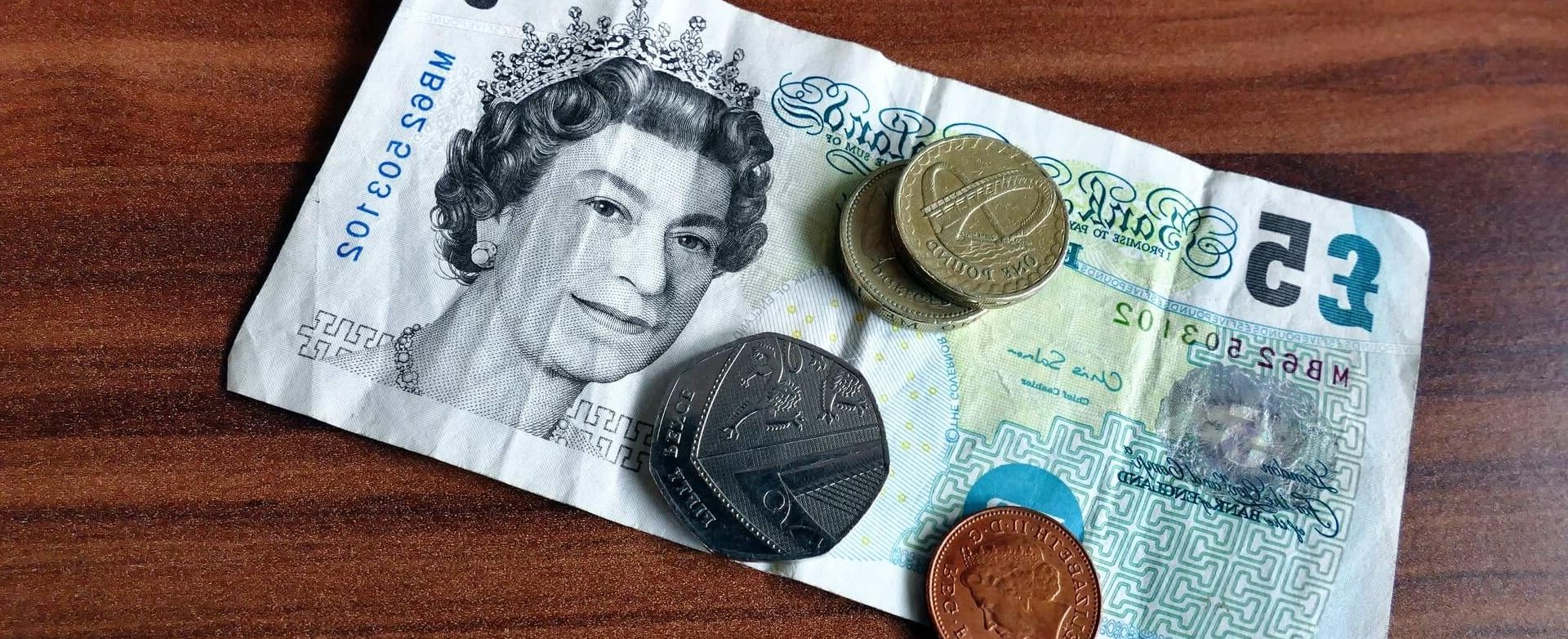
How much is Universal Credit in 2022? How will I be paid? If you believe that you are eligible for this benefit, you may wonder how much it is. Furthermore, if you already claim it, you could get extra payments. Your Benefits tell you everything you need to know about how much Universal Credit is in 2022.
How much is Universal Credit in 2022?
Universal Credit is composed of two different parts. First is the standard allowance. Indeed, the standard allowance is composed of the basic amount that is appropriate for your situation.
Then are extra amounts. More specifically, these are added to your standard allowance, depending on your circumstance. For example, you may earn an extra amount if you:
- Require help covering your rent;
- Are impacted by a health condition or disability which makes you unable to work;
- Have children.
There are set amounts of standard allowance that you can receive. Indeed, the standard allowance rates for Universal Credit are as follows:
| Universal Credit standard allowance rates in 2022 | |
|---|---|
| Your personal circumstance | Standard allowance rate (per month) |
| You have a partner, and at least one of you is 25 years or older | £509.91 (for the couple) |
| You have a partner, and you are both younger than 25 years old | £403.93 (for the couple) |
| You are younger than 25 years old and single | £257.33 |
| You are 25 years or older and single | £324.84 |
How much Universal Credit childcare can I get?

If certain circumstances apply to you, you may then be eligible to receive extra money, including for childcare.
For example, you may have 1 or 2 children. Then, you will have an extra amount for each individual child. However, if you have more than 2 children, you will only get an extra amount for 2 children. In fact, you may only earn extra amounts for more than 2 children if one of the following applies:
- You claimed for 3 or more children prior to 6 April 2017;
- The birthdate of your children is prior to 6 April 2017;
- Other circumstances and exceptions apply (this can include multiple births, adopted children…).
If your first child was born prior to 6 April 2017, you may get £282.50 monthly. If they were born later than 6 April 2017, you may get £237.08 monthly. Additionally, you may get the following for additional children or different situations, your:
- Second child, and any additional eligible children: £282.50 monthly for each child;
- Child is disabled: £237.08 monthly;
- Child is severely disabled: £402.41 monthly;
- In need of help in covering childcare costs: you can get up to 85% of your costs covered, but the maximum amount is £646.35 for a single child, and £1,108.04 for 2 children or more.
Note that these amounts are earned on top of your standard allowance. Additionally, caring for another child may also grant you an additional amount, which depends on your circumstances.
Can a disabled person get extra payments?

You or a loved one might have a health condition or disability. First, let’s say that this is true for you. Then, how much you may earn in extra monthly payments depends on your circumstances:
- You have a limited capability for work or work-related activities: you get £343.63 monthly;
- You are limited in your ability to do work or work-related activities. Additionally, you made a claim either for Employment and Support Allowance (ESA) or health-related Universal Credit prior to 3 April 2017: you get £128.89 monthly.
You may be able to receive transitional protection payments. Indeed, these would be paid if you are moving to Universal Credit. However, you also need to receive a severe disability premium. Then, you may be eligible.
You may care for someone who is disabled. If this is true, two things need to apply for you to receive an extra amount of Universal Credit.
First, you must care for them for a minimum of 35 hours weekly. Second, the person has to be severely disabled and receive disability-related benefits. Then, you could receive £163.73 monthly in extra amounts.
Can I receive additional help?
You could be able to increase how much Universal Credit you get to cover other costs. For example, you may be able to earn some to cover housing costs. Indeed, the amount you receive depends on your circumstances and how old you are.
Furthermore, you could get more help, like hardship payments, Alternative Payment Arrangements and Budgeting Advance. This depends mainly on your circumstance.
How often is Universal Credit paid?
You will receive Universal Credit monthly. More specifically, one payment per month. They will be paid directly into your credit union, building society or bank account. Moreover, how much you get through Universal Credit is expressed as a monthly amount.
Are you not able to open a bank account? If this is the case, you may contact the Universal Credit helpline. They could arrange for you to be paid in another way. Additionally, they may include help to cover housing costs. Then, the money will typically have to be given to your landlord.
You may have to wait for a short while for your first payment. Indeed, when you claim Universal Credit, it will be typically assessed in one month. Additionally, your payment may only get to your account after 7 days.
Will my income impact Universal Credit?
You may be paid monthly and typically on the same date. If this is the case and your earnings stay the same, your Universal Credit should not be impacted. However, you may receive no or more wages during certain assessment periods, which could be the case if:
- The date on which you get paid changes: you will need to log in to your online account. If you are unsure of what to do, talk to your work coach. You may be paid too much to earn the benefit;
- You receive wages weekly, or every 2 or 4 weeks: it’s possible that you are then paid too much. If you are unsure of what to do, talk to your work coach.


